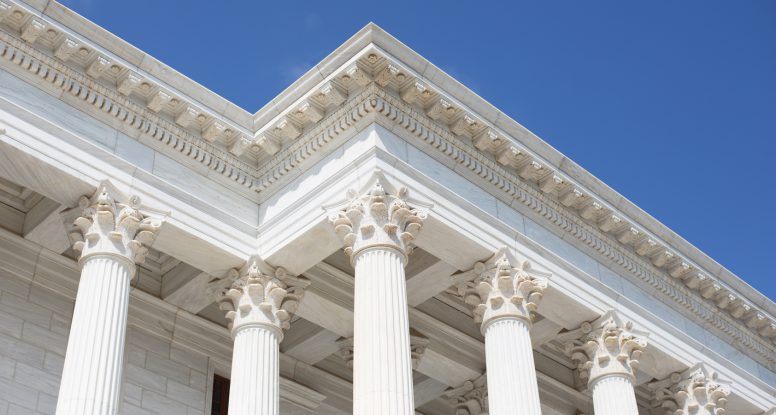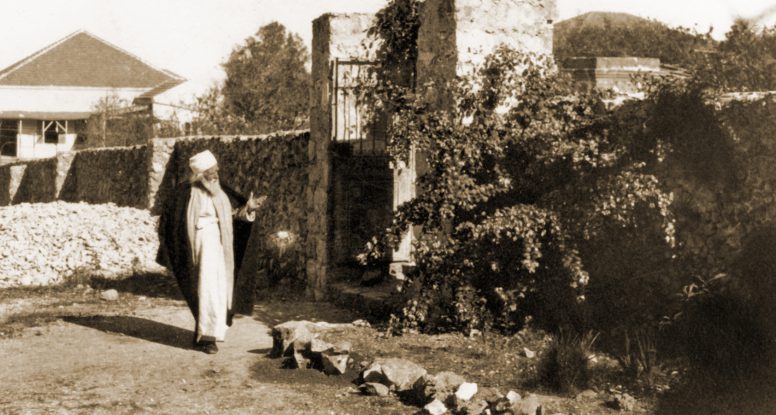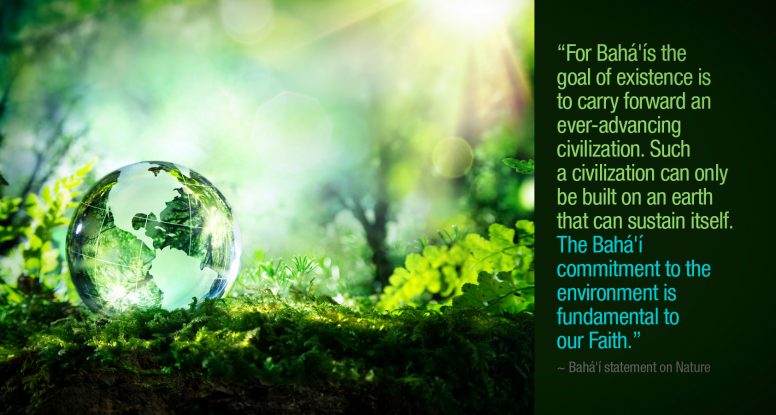This month we are featuring an essay from Bahai.org.
As humanity explores elements of the framework for a new process of moral education, some of the first questions that must be asked are: What is the nature of the great transformation that is taking place in human society? What are the basic concepts that can help us to understand the significance of the times in which we live? What are some of the great forces that are operating within society in this crucial stage of human evolution?
This lecture was given by Dr. Farzam Arbab at a national symposium on “A New Framework for Moral Education” in Tirana, Albania, in November 1993. This was an open forum for a public debate on what needs to be done with moral education in a society that is in the process of rapid shift from an established socio-political system to a new system not yet fully defined and articulated.
A very striking feature of our times is the accelerating rate at which change occurs. The magnitude and speed of the changes that humankind has undergone in the past century and a half have been unparalleled in our history. In every area of human endeavour a great deal of new knowledge is being generated, and old practices are being rejected one after another. At this point in history, no one can possibly deny that society, in all its aspects – social, economic, political, religious and cultural – is going through a process of fundamental transformation.
In this past century and a half, every country and region of the world has seen old structures swept away through radical reform or revolution. The ideals motivating these deliberate, sometimes violent, attempts to change society have often been extremely noble and laudable.
Yet, it is now an historical fact that these attempts have, by and large, failed to generate this sense of purpose, the values and the standards of behaviour that are essential for the creation of a new society. As a result, for decades humanity has been living in a state of crisis that seems to deepen almost daily. In the midst of all this crisis, of course, we often hear the voices of traditionalists, of those who romanticize the past and urge us to go back to our old ways. The fact is, however, that return to the standards of the past is not possible, for the forces released during this period have set in motion a process of transformation that is clearly irreversible. The unavoidable conclusion we reach when we examine modern history is that old moral codes and belief systems have proven entirely inadequate when faced with the challenges of an age of transformation. So, as we explore elements of the framework for a new process of moral education, some of the first questions we must ask ourselves are: What is the nature of the great transformation that is taking place in human society? What are the basic concepts that can help us to understand the significance of the times in which we live? What are some of the great forces that are operating within society in this crucial stage of human evolution?









